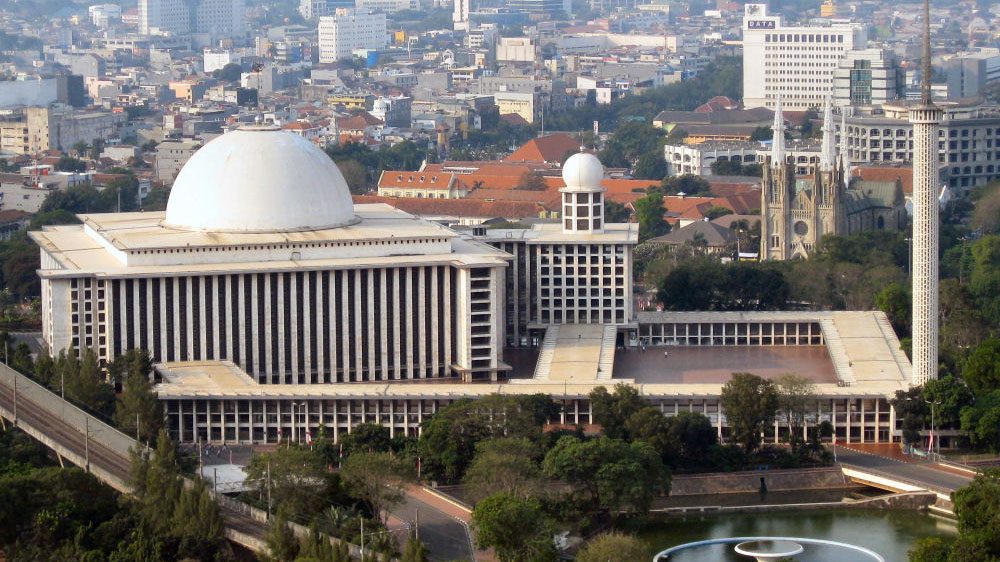Menchik Breaks Down Indonesia’s New Criminal Code

In an appearance on PRX and BGH‘s “The World,” Jeremy Menchik, Associate Professor of International Relations at Boston University’s Frederick S. Pardee School of Global Studies, discusses Indonesia‘s new criminal code, which bans sex outside of marriage, penalized individuals who insult the president and vice-president, and outlaws certain political views.
The long revamp of the criminal code was highly anticipated because it replaces colonial-era laws, but it also introduces repressive measures. While Indonesia is a democracy, Menchik notes that these laws are not the first encroachment on human rights in the country; he says that Indonesia is considered a low-level democracy – similar to Poland, Turkey, and the United States – where there are so many infringements on the rights of minorities and other electoral problems. He concludes by arguing that the passage of the new criminal code marks a bad moment for Indonesian democracy as civil society organizations are now forced on the defensive; however, these kinds of moments have played out in the past, and in those instances, civil society and human rights organizations mobilize and the moderates tend to win in the end.
The full segment can be listened to on “The World’s” website.
Jeremy Menchik is an Associate Professor in the Frederick S. Pardee School of Global Studies at Boston University and a faculty affiliate in Political Science and Religious Studies. His first book, Islam and Democracy in Indonesia: Tolerance without Liberalism (Cambridge University Press, 2016) explains the meaning of tolerance to the world’s largest Islamic organizations and was the co-winner of the 2017 International Studies Association award for the best book on religion and international relations. His work has appeared in the academic journals Comparative Studies in Society and History, Comparative Politics, International Studies Review, Politics and Religion, Asian Studies Review and South East Asia Research as well as in The New York Times, The New York Review of Books, The Washington Post, Christian Science Monitor, The Wall Street Journal, and USA Today. His recent research focuses on social movements, the politics of modern religious authority, and the origins of the missionary impulse. Read more about Professor Menchik on his faculty profile.